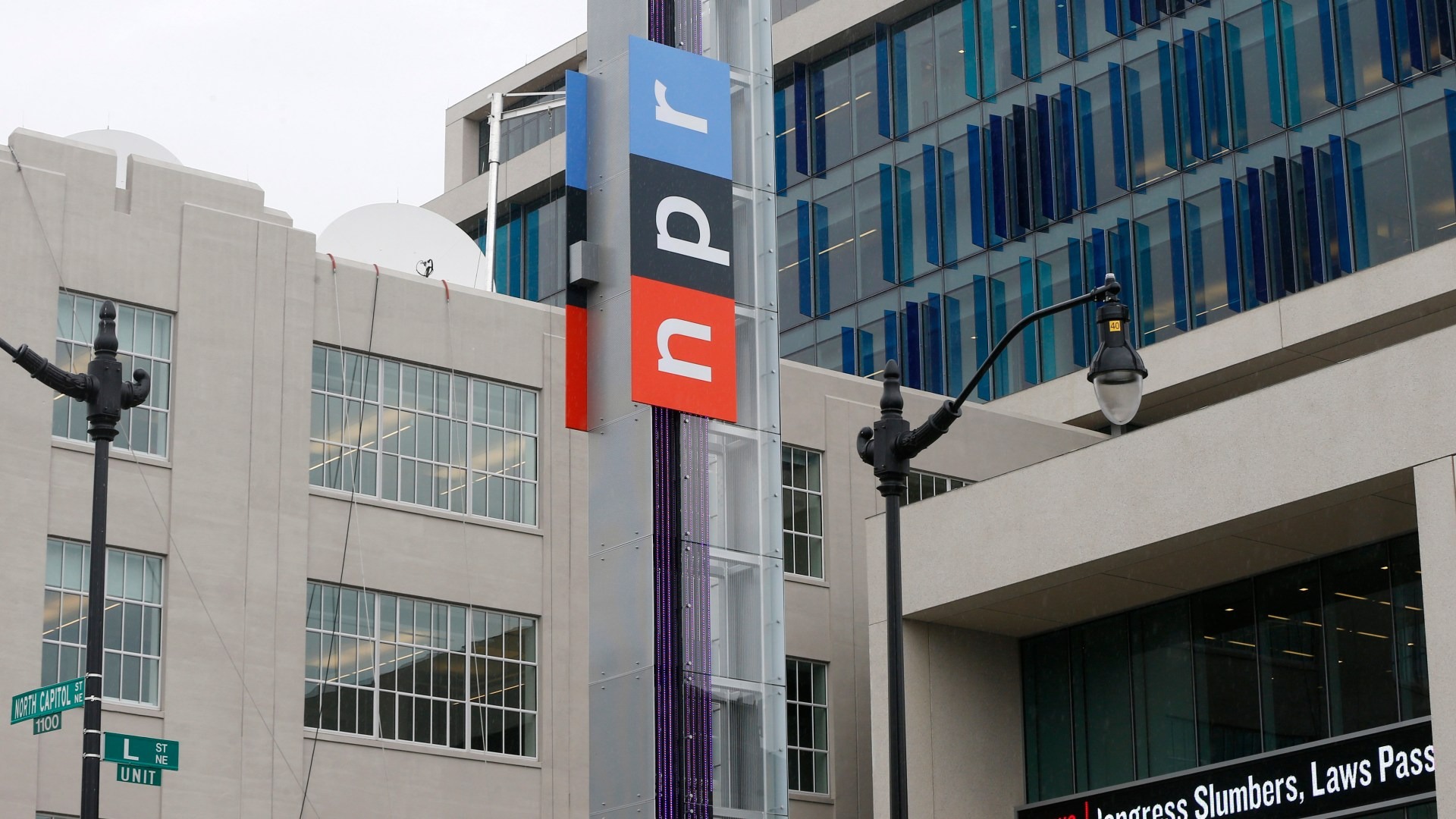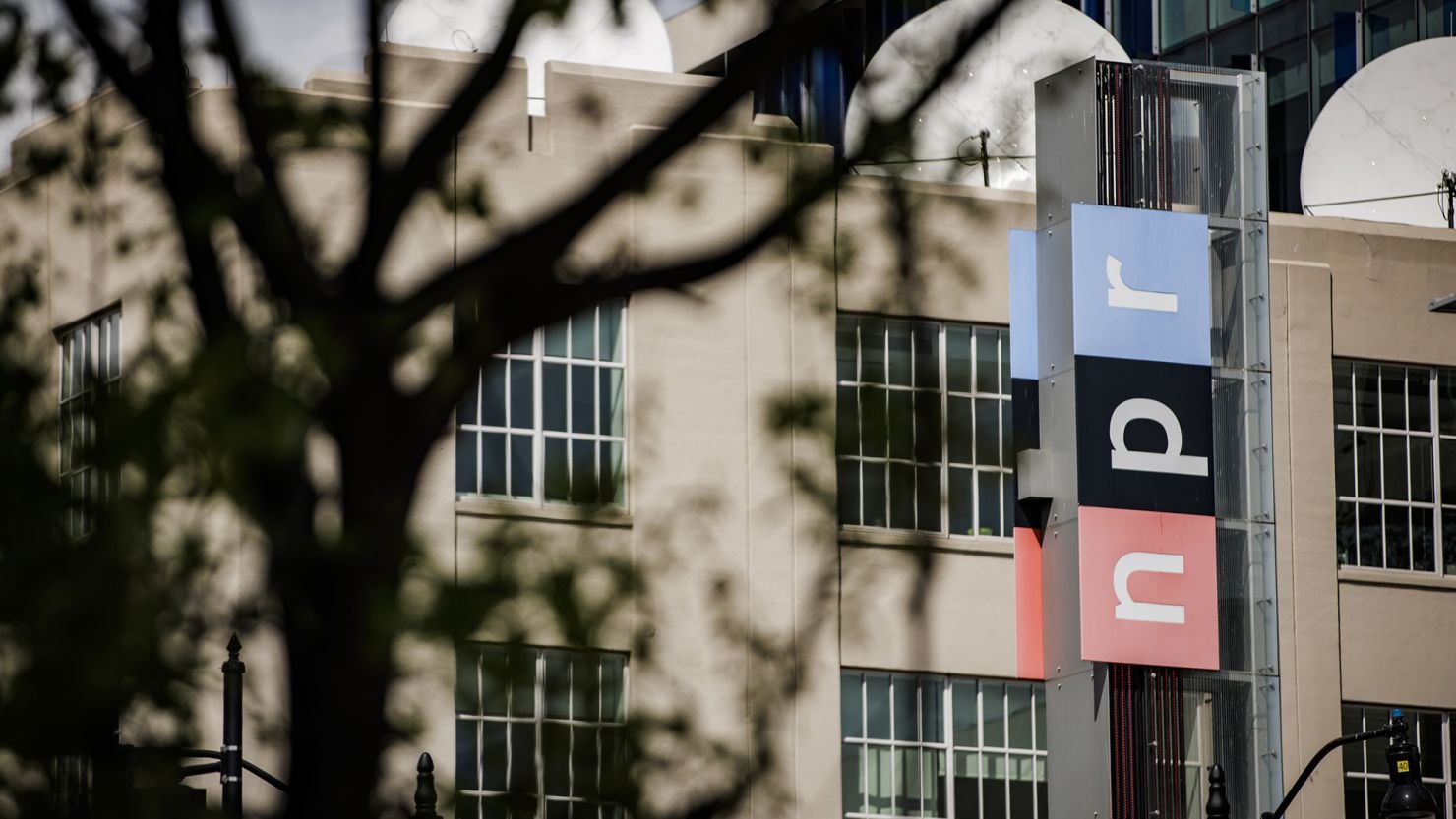The NPR investigation uncovered that dozens of federal judges failed to fully disclose their participation in luxury travel to judicial conferences around the world, as required by internal judiciary rules and federal ethics law. These conferences often took place at luxury resorts in various locations, providing judges with free rooms, meals, and travel expenses.
While the federal judiciary has acknowledged the potential appearance of undue influence on the courts due to the combination of luxury and ideological content at these events, transparency measures have been put in place to address this concern.
However, NPR found that the disclosure systems often fail to provide timely and comprehensive information to the public about the benefits judges receive and from whom.

For example, judges are required to file a “Privately Funded Seminar Disclosure Report” within 30 days of an event, detailing the host, funding sources, speakers, and topics discussed. Additionally, federal law mandates that judges report event reimbursements on their annual financial disclosure reports.
However, NPR identified instances where judges failed to file timely reports, omitted benefits received on financial disclosure forms, or had unavailable financial disclosure reports.
These issues raise concerns among judicial ethics experts, who emphasize the importance of transparency in maintaining public trust in the judiciary and ensuring fair and unbiased decisions.

Delays and omissions in disclosure reports undermine the purpose of transparency rules and leave the public uninformed about potential conflicts of interest.
While there is no indication of intentional deception by the judges, the result is that the public is kept in the dark about the benefits judges receive and their potential impact on judicial decision-making.
NPR’s findings likely represent only a portion of the larger problem, indicating a need for improved transparency and accountability measures within the federal judiciary.


